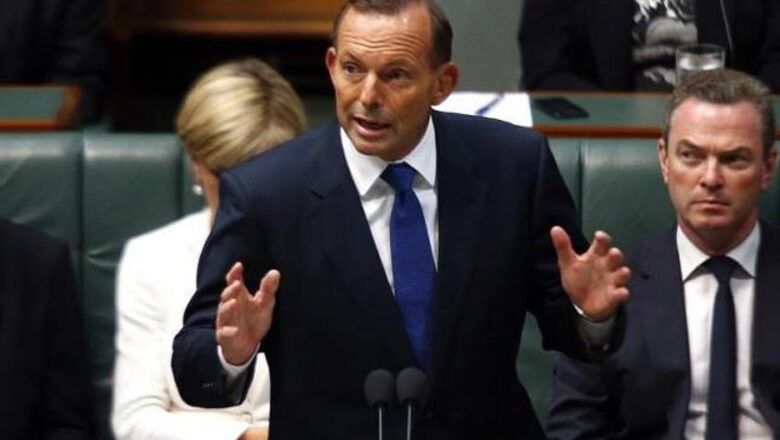
views
Sydney: Australia will expand a crackdown on Islamist terrorist groups with more tough security legislation, the attorney general told a regional summit aimed at combating violent extremism on Friday.
Australia is on high alert for attacks by radicalised Muslims including home-grown terrorists returning from fighting in the Middle East, having raised its threat level to "high" and unleashed a series of high-profile raids in cities.
Conservative Prime Minister Tony Abbott has secured a raft of new security powers in recent years, expanding domestic spying capabilities and proposing to strip citizenship from dual-nationals accused of terrorism.
Attorney General George Brandis did not outline the specifics of new legislation during his speech at the summit in Sydney, which is being attended by representatives from about 25 countries, as well as executives from web giants Twitter Inc. and Google Inc.
He did, however, focus heavily on the challenge of stopping the spread online and via social media of terrorist propaganda, which he called one of the most pressing issues facing the government.
"I'm announcing this morning that the government will introduce further legislation. That legislation will take into account lessons learned from recent legislative amendments and counter-terrorism operations," Brandis said.
Abbott has said about 100 Australians are believed to be fighting with terrorist groups in Iraq and Syria backed by about 150 Australia-based "facilitators".
Security analysts have estimated that thousands of foreign fighters are in Iraq and Syria, drawn by the rise of Islamic State terrorists and travelling from scores of countries around the world.
Abbott in 2014 warned that the balance between freedom and security in Australia "may have to shift", and has made the battle against terrorists a focus of his government.
New data retention laws have expanded the ability to monitor domestic communications, citizens now face up to a decade in prison for travel to overseas areas declared off-limits and barriers between overseas and domestic spy agencies have been lowered.
But critics say the data laws go too far in compromising privacy and have raised questions about whether the government can strip Australians of their citizenship without running afoul of international legal obligations.
The summit on countering violent extremism is modelled on a similar gathering held in the United States in 2015. Brandis has said it will serve as a "report card" on how that summit's recommendations were being implemented.













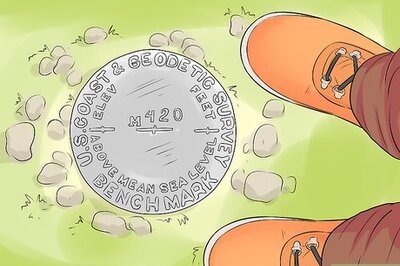
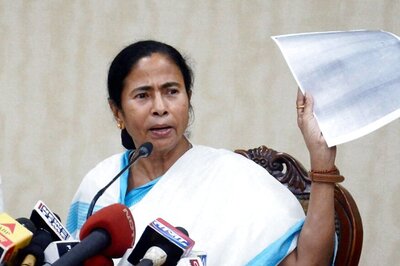

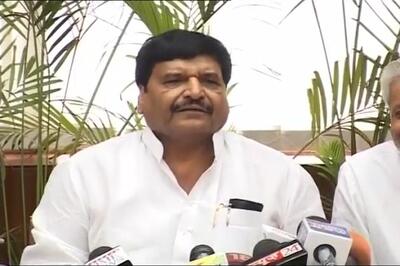


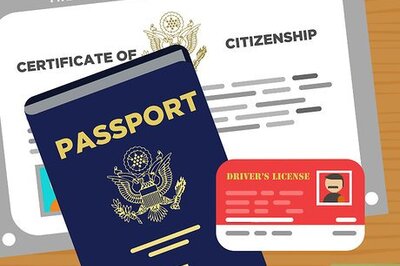
Comments
0 comment